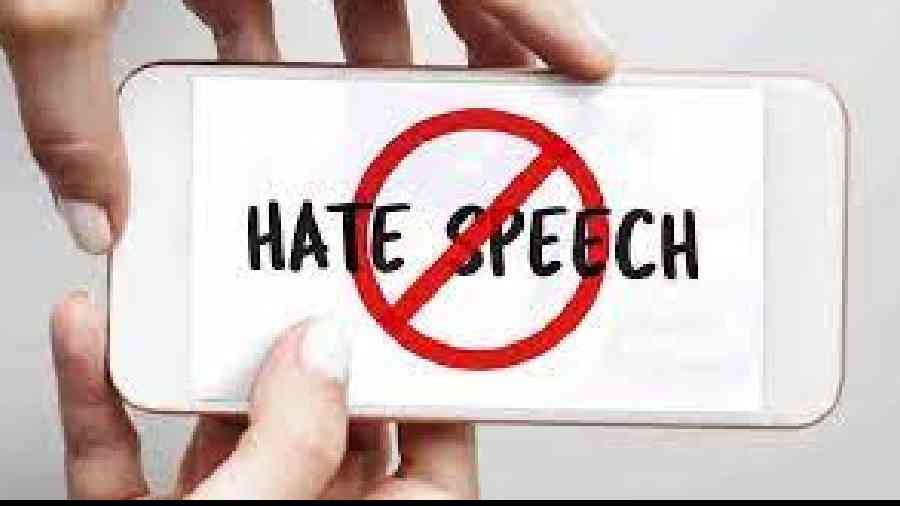The Supreme Court has condemned hate speeches more than once. Last week, the court reportedly expanded the purview of its 2022 order against hate speeches beyond Uttarakhand, Uttar Pradesh and Delhi, directing all states and Union territories to file first information reports against anyone making a hate speech, irrespective of their religion, on a suo motu basis or without a complaint. This was, perhaps, the sternest order by the highest court of the land. It stated that hesitation to comply would be considered contempt of the Supreme Court and the officers concerned would face action. This order brought out the double damage wrought by hate speeches. They affect the fabric of the nation by going to the heart of the republic and hurting the dignity of the people. Behind this lies another form of damage. Hate speeches are based on religion. The Supreme Court’s order emphasised the need to preserve not only the law of the land but also secularism as envisaged by the Preamble to the Constitution. The republic assumes the equality of all citizens whatever their religion; hate speeches assail this dignity. The nation’s fabric would be shredded if the principles of equality and secularism, one woven in with the other, were endangered.
This does not exhaust the full implications of the Supreme Court’s order. Its stress on the irrelevance of those spewing hatred was related to the court’s stated refusal to countenance politics; the Supreme Court only upholds constitutional principles. In an earlier sitting, the court had said that religion and politics had to be segregated from each other to prevent hate speeches. All Supreme Court rulings on hate crimes from the 2018 Tehseen Poonawalla case onwards have penetrated to the heart of the culture of hate being encouraged by the Narendra Modi-led Bharatiya Janata Party. The latter’s political appeal turns on the use of religion: in effect, it is this that the rulings point to. Implicit in the order was also the Supreme Court’s criticism of governments. Law is their responsibility; the court has had to pass orders because they are unable to check hate speeches. An earlier ruling reportedly said that the State was ‘impotent’. The latest Supreme Court order was also aimed at such deliberate impotence: the corrective steps would address the source of the inertia.










